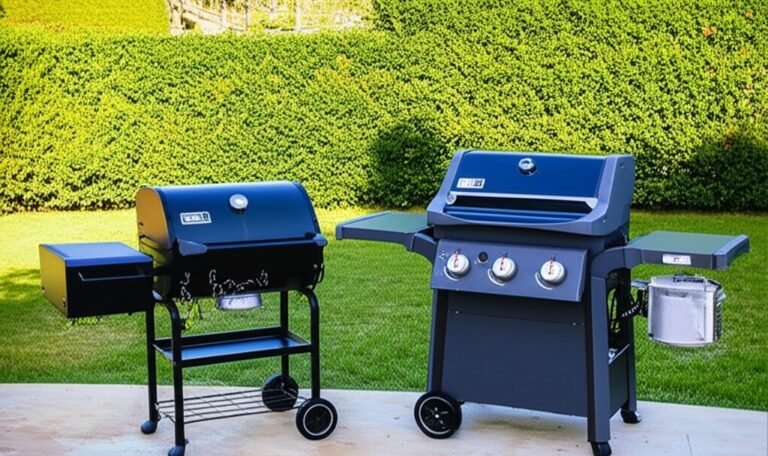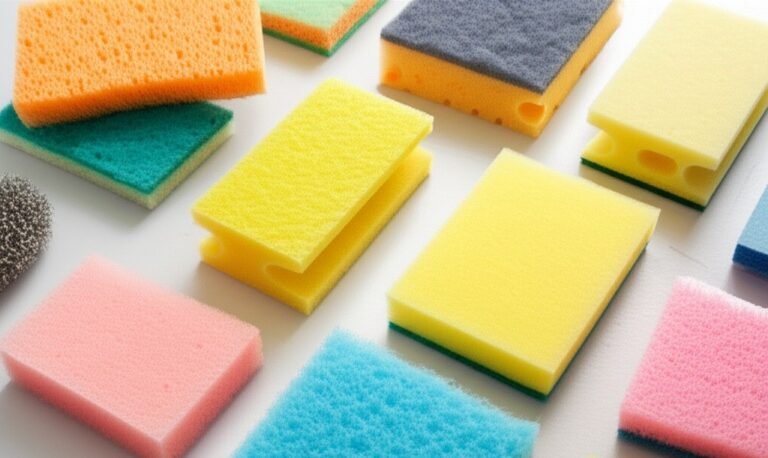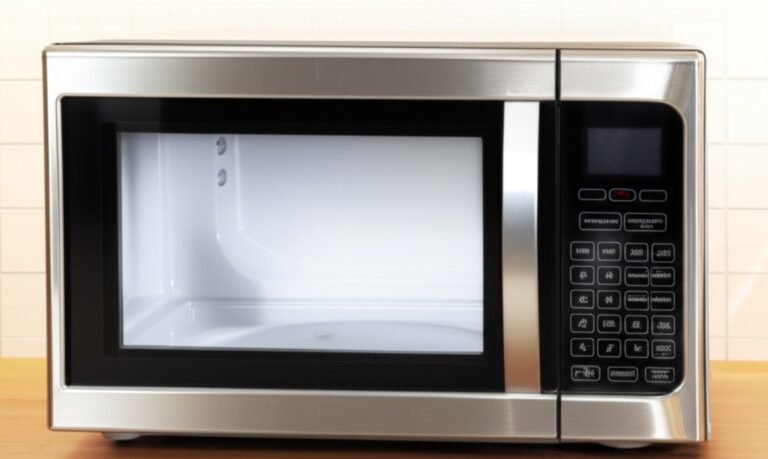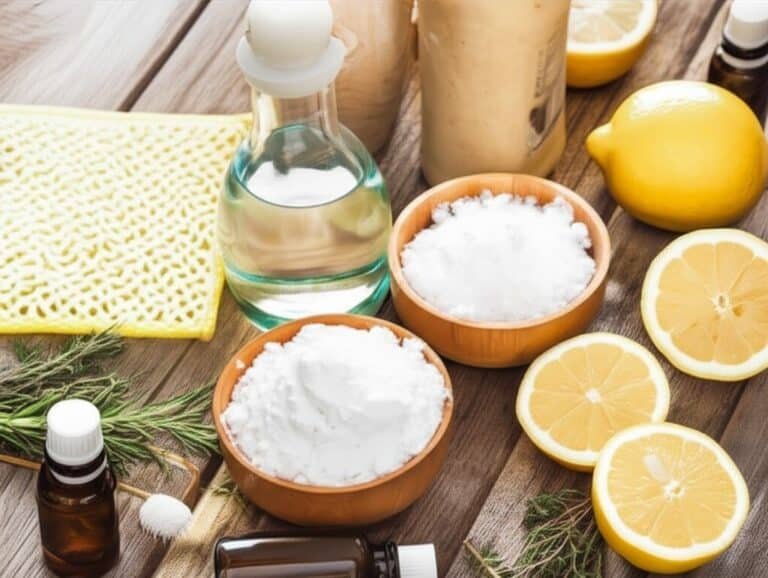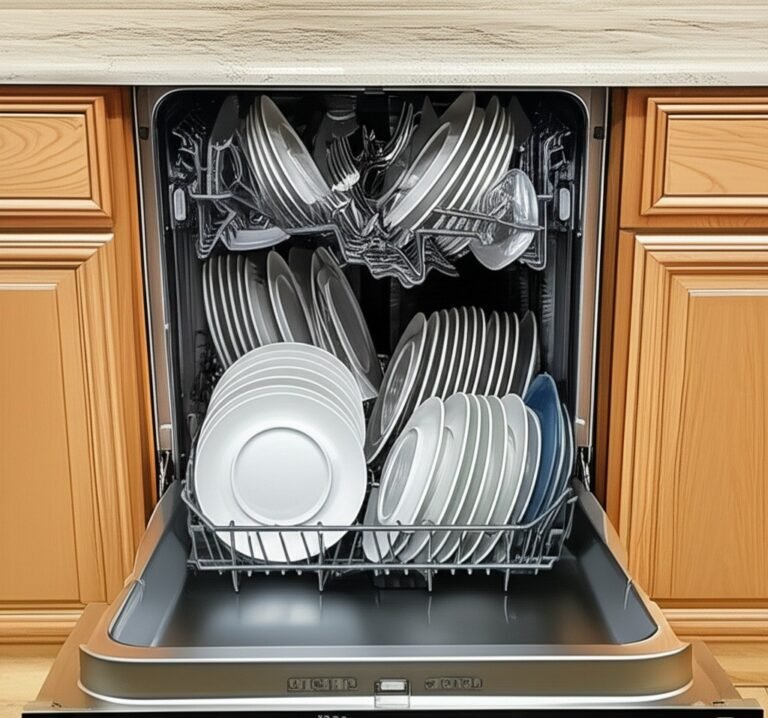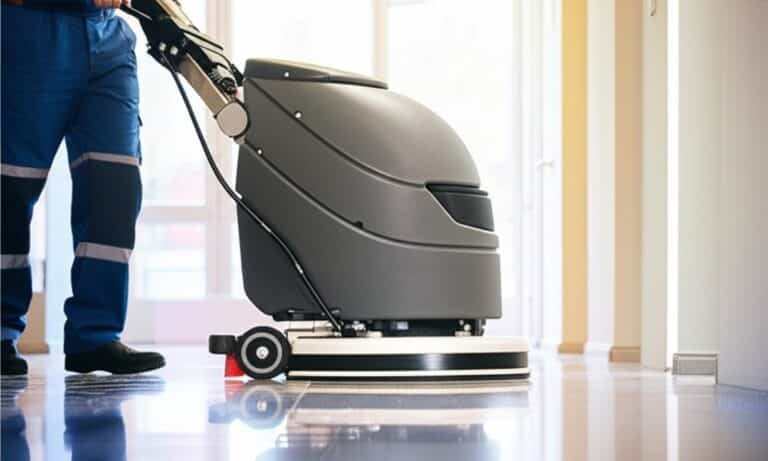Ever pulled out your favorite skillet only to find it’s got more rust than a rainy day in April? Keeping your kitchen essentials rust free is crucial, ensuring they’re always ready for action without the unwanted crunchy bits! Or maybe you’ve spotted those pesky orange spots creeping up on your trusty toaster? Rust in the kitchen is like that uninvited guest who just won’t leave. But fear not! I’ve got some super tips, tricks, and ways to remove rust to keep your cookware and appliances sparkling like new. Let’s dive in and tackle those uninvited guests with some rust-free magic!
Why Does My Kitchen Gear Get Rusty? Understanding the Enemy
Rust, technically known as iron oxide, forms through a chemical reaction called oxidation. When iron (present in most cookware and appliances) comes into contact with oxygen and water or moisture, it undergoes this reaction. Let’s break it down:
- The Reaction: Iron (Fe) reacts with oxygen (O2) in the presence of water (H2O) to form iron oxide (Fe2O3), aka rust.
- Speed of Reaction: This process can happen quickly, especially if the metal is constantly exposed to water and air. That’s why wet environments accelerate rusting.
- Factors Contributing to Rusting:
- Moisture: Even high humidity can be enough for rust to form.
- Contact with Water: Repeated exposure to water, like in washing or cooking, increases the risk.
- Scratches and Chips: Any damage to the protective coating of your cookware or appliances can expose the underlying metal to air and moisture.
Stop Rust Before It Starts: Proactive Prevention

The best way to deal with rust is to prevent it from forming in the first place. Regular cleaning services can help with prevention. Here’s is other tips that can help:
Thorough Drying
- Importance: Even a small amount of lingering moisture can start the rusting process.
- How to Dry: Use a clean, dry towel to thoroughly wipe down your cookware and appliances after washing. For hard-to-reach areas, consider using a hairdryer on a cool setting.
Smart Storage with Paper Towels
- Role of Paper Towels: They act as moisture absorbers, keeping your cast iron and other metal cookware dry.
- How to Use: Place a paper towel inside your cookware before stacking or storing them. This is especially important for cast iron items which are prone to rusting.
Using a Dehumidifier
- Why Use a Dehumidifier: It reduces the overall moisture level in your kitchen, making it less hospitable for rust to form.
- Benefits: This is particularly crucial in areas with high humidity. By keeping the air dry, you significantly lower the risk of rust developing on your kitchen tools and appliances.
DIY Rust Busters: Your Go-To Solutions
Vinegar Soak
- How It Works: The acetic acid in vinegar works wonders on rust. It helps break down the rust, making it easier to scrub off. This acids work for industrial rust too.
- Step-by-Step:
- Submerge the rusty item in a container filled with white vinegar. Make sure it’s completely covered.
- Wait for a few hours, or even overnight for tougher rust.
- Scrub: After soaking, take a non-metallic brush (an old toothbrush works great) and gently scrub the rust away.
- Rinse and Dry: Rinse and dry make the item with water dry it immediately to prevent new rust.
Baking Soda Paste
- How It Works: Baking soda is mildly abrasive, making it perfect to remove rust from metal without damaging it.
- Step-by-Step:
- Mix baking soda with water to create a thick paste.
- Apply the paste generously over the rusted area.
- Let it Sit: Leave the paste on for about an hour.
- Scrub: Use a brush or sponge to scrub the rust off.
- Rinse and Dry: Wash off the residue and dry the item.
Potato Trick
- How It Works: The oxalic acid in potatoes helps dissolve rust. When combined with a mild abrasive like dish soap or baking soda, it’s effective on smaller rust spots.
- Step-by-Step:
- Cut a potato in half.
- Dip the cut side in dish soap or sprinkle it with baking soda.
- Rub the potato over the rusted area. You’ll see the rust diminish.
- Repeat if necessary, and then rinse and dry the item.
Loving Your Rust-Prone Items: Special Care Tips
Cast Iron Pans
- After Use Care:
- Clean immediately after use. Avoid soaking in water.
- Dry Thoroughly: Use a towel or put it on the stove for a few minutes to evaporate any moisture.
- Oil It Up: Apply a thin layer of cooking oil to the surface. This creates a protective layer that prevents rust.
- Storing: Store in a dry place. If stacking pans, place a paper towel between them to absorb moisture.
Steel Utensils
- Cleaning and Drying:
- Hand Wash rather than using a dishwasher to maintain the integrity of the steel.
- Dry Immediately: Use a towel or leave them in a drying rack.
- Storage Tips:
- Separate Storage: Keep them separate from other utensils that might scratch or damage them.
- Avoid Humidity: Store in a dry area to prevent moisture buildup.
To Replace or Not to Replace: Making the Call
Deciding whether to replace or restore your rusted cookware can be a bit of a conundrum. Here’s how to make that decision:
- Assess the Damage: Look at how deep and extensive the rust is. Surface rust, which is just on the top layer, can often be cleaned. However, if the rust has pitted the metal, compromising its integrity, it’s time for a replacement.
- Consider the Value: If the item is expensive or has sentimental value (like Grandma’s old cast iron skillet), it might be worth the effort to restore. On the other hand, if it’s a low-cost item, replacing might be more cost-effective.
- Health and Safety: Cookware with deep rust can harbor bacteria and may not be safe for cooking. Safety first!
- Restoration Effort: Think about the time and effort required to remove the rust. If it’s going to take a lot of elbow grease and the outcome is still uncertain, replacement might be the better option.
Recommended Rust Removers: Store-Bought Solutions
When DIY solutions don’t cut it, or you’re looking for something a bit more powerful, there are several store-bought rust removers that can do the trick. Here’s what to look for:
- Kitchen-Safe Formulas: Ensure the product is safe for use on cookware and kitchen appliances. Some rust removers are too harsh for these surfaces.
- Non-Toxic Ingredients: Look for removers that boast non-toxic, environmentally friendly ingredients, especially if you’re using them on surfaces that come into contact with food.
- Effectiveness: Read reviews or ask for recommendations to find products known for their effectiveness without damaging the metal.
- Ease of Use: Some products require simple application and wiping, while others might need longer soaking. Choose one that fits your preference and the amount of work you’re willing to do.
Top Picks for Rust Removers
- Bar Keepers Friend: Great for stainless steel and other metals, this cleanser is a popular choice and known for its effectiveness.
- CLR Calcium, Lime & Rust Remover: This is a versatile option that’s good for a variety of surfaces.
- Evapo-Rust: An eco-friendly option that’s non-toxic and safe for kitchen use.
- WD-40 Specialist Rust Remover Soak: Ideal for heavily rusted items, this soak does the hard work for you.
Expert Advice: Insider Tips for Rust-Free Kitchen Gear
Gleaning wisdom from seasoned kitchen professionals, we’ve uncovered some top tips for keeping your kitchen gear rust-free and gleaming. These chefs and kitchen experts emphasize the importance of regular maintenance and proper care. Here are three additional tips, straight from the pros:
Regular Inspection and Immediate Action
- Routine Checks: Make it a habit to inspect your cookware and appliances regularly for any signs of rust.
- Act Fast: At the first sight of rust, tackle it immediately. The longer you wait, the harder it will be to remove, and the more damage it can do to your items.
Proper Storage Solutions
- Air Circulation: Ensure your storage area is well-ventilated. A damp, closed-off space is a breeding ground for rust.
- Use Silica Gel Packs: Store these in your cabinets where you keep metal items. They’re great for absorbing excess moisture and keeping the environment dry.
- Hang, Don’t Stack: Where possible, hang your cookware, especially cast iron, instead of stacking. This prevents moisture from getting trapped and reduces the risk of scratching, which can lead to rust.
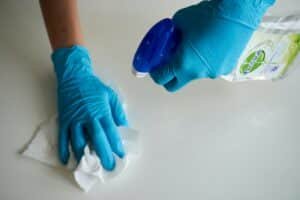
Smart Cleaning Habits
- Avoid Harsh Chemicals: Use gentle detergents and avoid abrasive materials that can scratch and damage the metal, making it more susceptible to rust.
- Thorough Drying: After washing, dry your cookware and utensils completely. Consider using a drying rack to allow air circulation.
- Season Regularly: For cast iron cookware, seasoning it regularly is vital. This process involves baking oil into the cast iron, forming a protective layer that prevents rust and creates a non-stick surface.
A Kitchen Rust Free
While DIY rust removal and prevention tips are great, sometimes you need a little extra help to keep your kitchen in top shape. That’s where professional cleaning services like Toronto Shine Cleaning come in. Their team of experts knows exactly how to handle every inch of your kitchen, ensuring it’s not only rust-free but also hygienic and sparkling clean.
Whether you’re dealing with stubborn stains, grease build-up, or you simply want to give your kitchen a thorough clean-up, Toronto Shine Cleaning has got you covered. Their services are tailored to meet your specific needs, guaranteeing satisfaction and leaving your kitchen looking its best. Imagine walking into a kitchen where every surface shines, and your appliances look as good as new – that’s the peace of mind Toronto Shine Cleaning offers.
In conclusion, while tackling rust is important, maintaining an overall clean kitchen is crucial for its longevity and your enjoyment. DIY tips are a great start, but for those times when you need a deeper clean or just want to take a break from the chores, consider reaching out to Toronto Shine Cleaning. Let the professionals take care of the dirty work, so you can focus on cooking, creating, and making memories in a kitchen that gleams.















